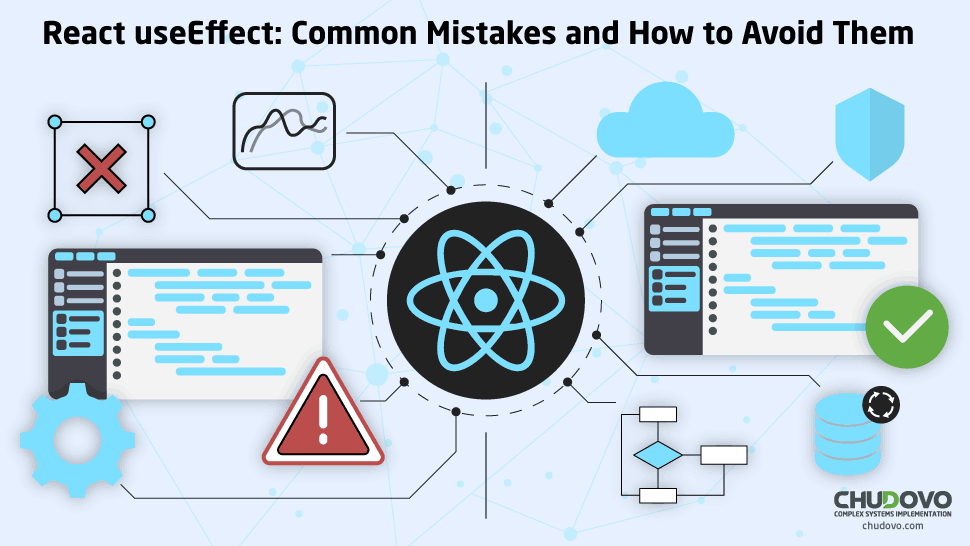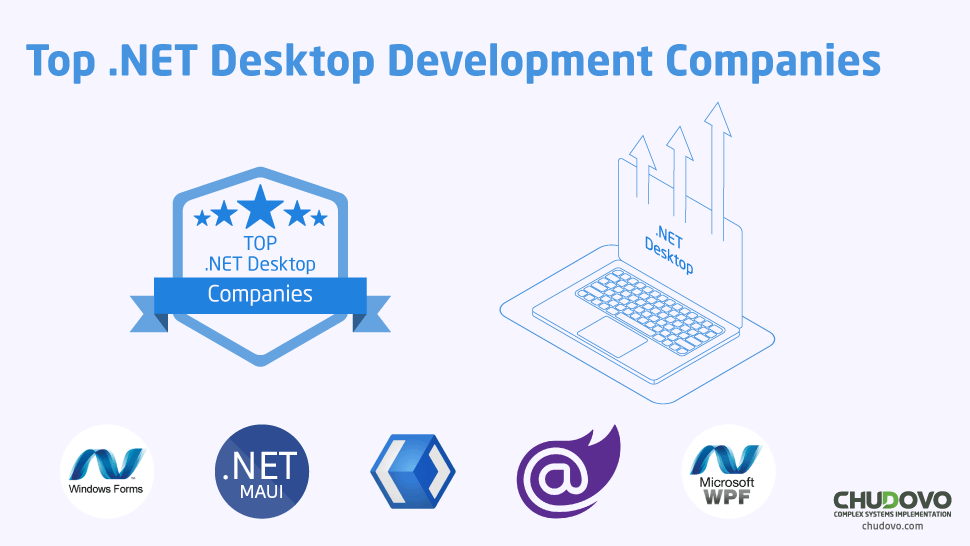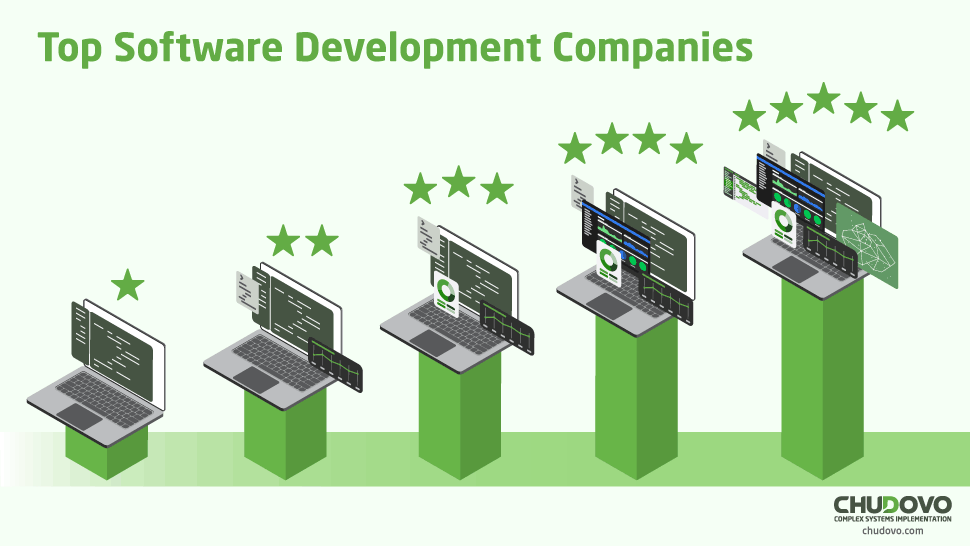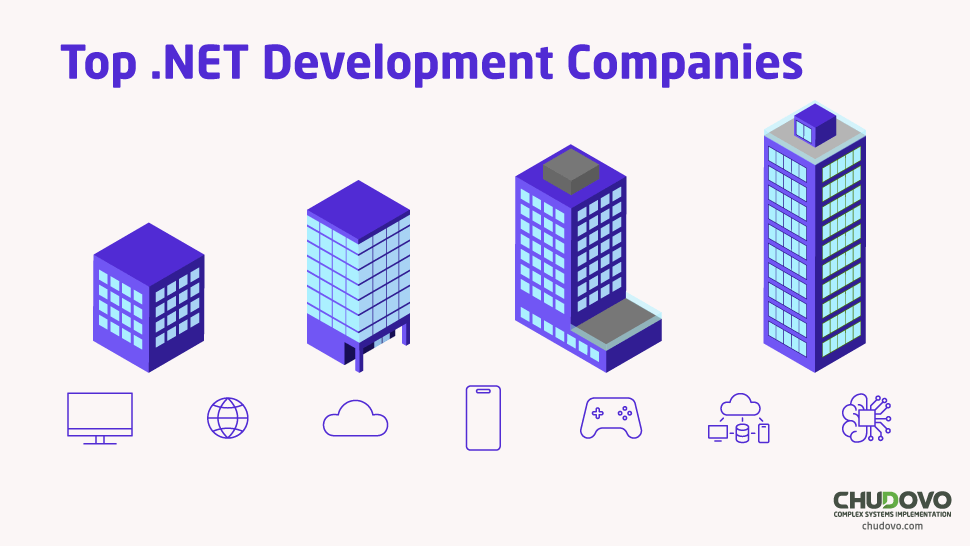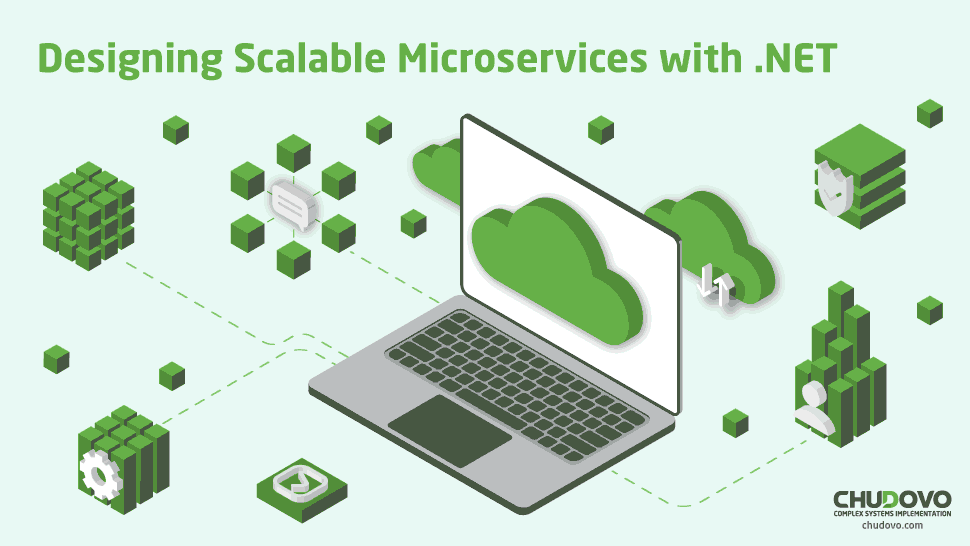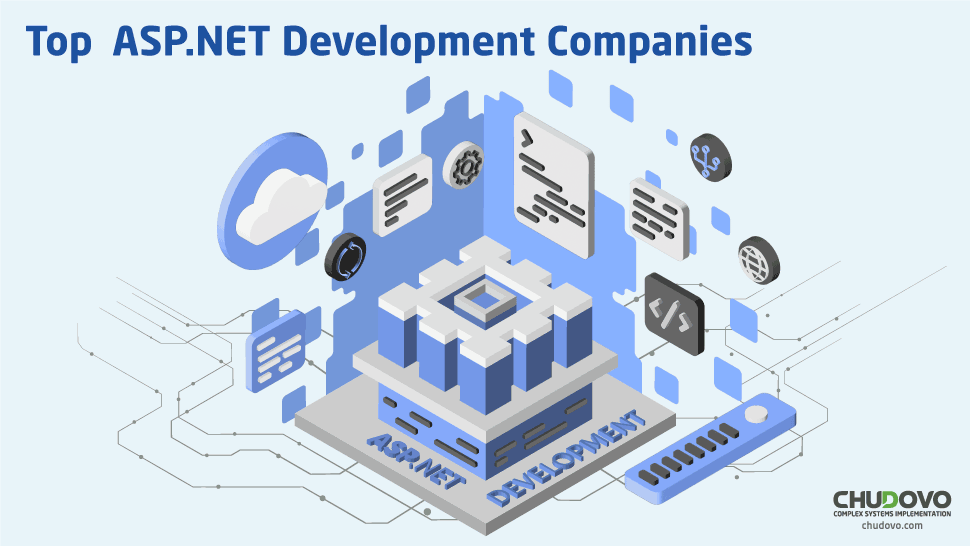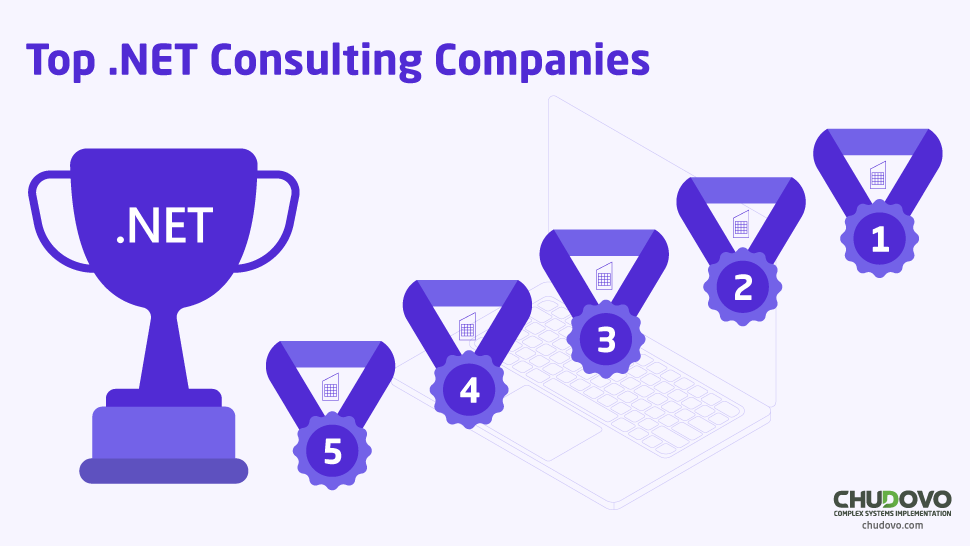Blog
This article lists top 5 companies that provide WPF development services. These companies were selected based on the WPF expertise, industry expertience, WPF developer’s availability, customer testimonials, and more.
Learn how to use the React useEffect hook, avoid common mistakes, and see practical code examples and tips for best practices.
This article list the top 5 development companies that deliver desktop applications with .NET technologies
This article represents the listing of the best software development companies including detailed overviews based on the set of selection criteria like expertise, client testimonials, range of services and other aspects.
The future of companies and organizations, especially those rooted in technology or adapting to technological use and advancements, may sometimes lie in the hands of a successful IT audit. It is a known fact that a minute error or glitch in a technological system can lead to a cause or damage that can be beyond
This article includes a list of the 5 most reliable .NET development companies, taking into account companie’s experience in .NET, implemented projects, testimonials from customers, and other factors.
This article has listed top 5 .NET MAUI development companies selected from 1000+ with the respective experience.
This article showcases the main principles by designing and building scalable and secure microservices architecture with .NET 10
Sometimes, businesses need to hire a development consultancy to complete their ASP.NET projects. But what are the best ones on the market? In the market, it is a common-place practice to sometimes hire a specialized consultancy to have an application developed and completed. It is most of all worth it when you don’t want to
This article gives the listing of the most reliable .NET consulting companies.

